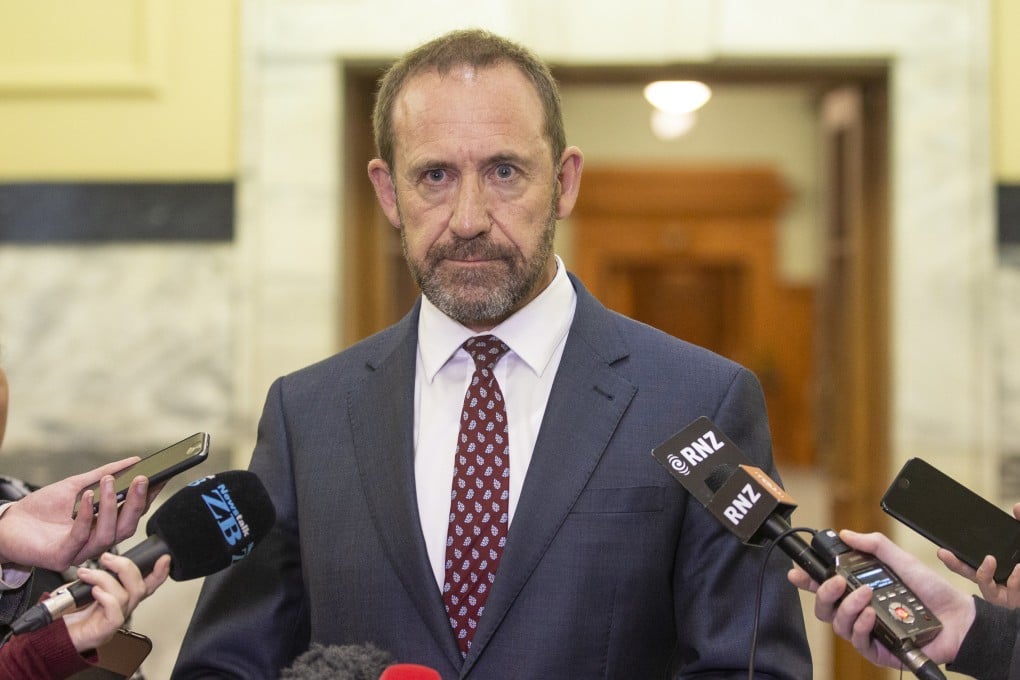Advertisement
Opinion | Aukus ‘opportunity’? New Zealand must consider the impact on its strategic autonomy
- In a sign that ambiguity may be creeping into its foreign policy, New Zealand said it was considering a non-nuclear second ‘pillar’ role in the security pact
Reading Time:3 minutes
Why you can trust SCMP
3

New Zealand’s surprising announcement that it was considering “an opportunity” to join the Aukus security alliance with the United States, Britain and Australia has rekindled debate over Western powers’ blatant attempt to tamper with peace and stability in the Indo-Pacific.
New Zealand’s Defence Minister Andrew Little said last week that the country wished to contribute to the development of cutting-edge military technologies – such as artificial intelligence, quantum computing and advanced information technology – in the non-nuclear second “pillar” of the three-part Aukus security agreement.
Any participation would be solely in a non-nuclear role due to its legal and ethical obligations to remain nuclear-free.
“We have been offered the opportunity to talk about whether we could or wish to participate in that pillar two aspect of it,” Little told the press. “I’ve indicated we will be willing to explore it.”
This rather perplexing announcement was made just one week after New Zealand’s foreign minister Nanaia Mahuta visited Beijing. There, she met Chinese foreign minister Qin Gang and other high-ranking diplomats who expressed apprehension over the Aukus pact – the focal point being Australia’s acquisition of nuclear-powered submarines.
Apprised of Beijing’s stance on Aukus, Wellington was expected to tread carefully in devising its strategic policy towards the emerging power balance in the Indo-Pacific. But with Little’s recent statement, it appears the New Zealand government is being persuaded by its Western partners to embrace Aukus in one way or another, maybe as a partial member.
Advertisement
